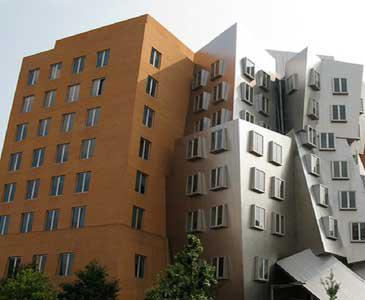Johannes Bill: Unsupervised learning in spiking neural networks with memristor synapses
Abstract: In an increasingly data-rich world, brain-inspired computing concepts operating neuromorphic hardware have shown great promise for processing large datasets within tight volume and power budgets. A key challenge in neuromorphic computing is the development of microscale plastic artificial synapses to extend the application of neuromorphic systems from pure processing to statistical data modeling and online learning. Memristive materials have been proposed to fulfill this need due their intrinsic electrical property of activity-dependent resistive state changes.
In this talk, I discuss a recent study that demonstrates unsupervised learning in spiking neural networks with multi-state memristor synapses. The employed titanium dioxide-based memristors exhibit weight-dependent and spike-timing dependent plasticity. This enables a memristor synapse to identify and encode in its resistive state conditional probabilities between pre- and post-synaptic neuronal activity. We demonstrate unsupervised competitive learning and classification of unlabeled noisy data in a small stochastic winner-takes-all network architecture with memristor synapses. Finally, we address some future prospects and challenges for plastic neuromorphic computing with memristors.

